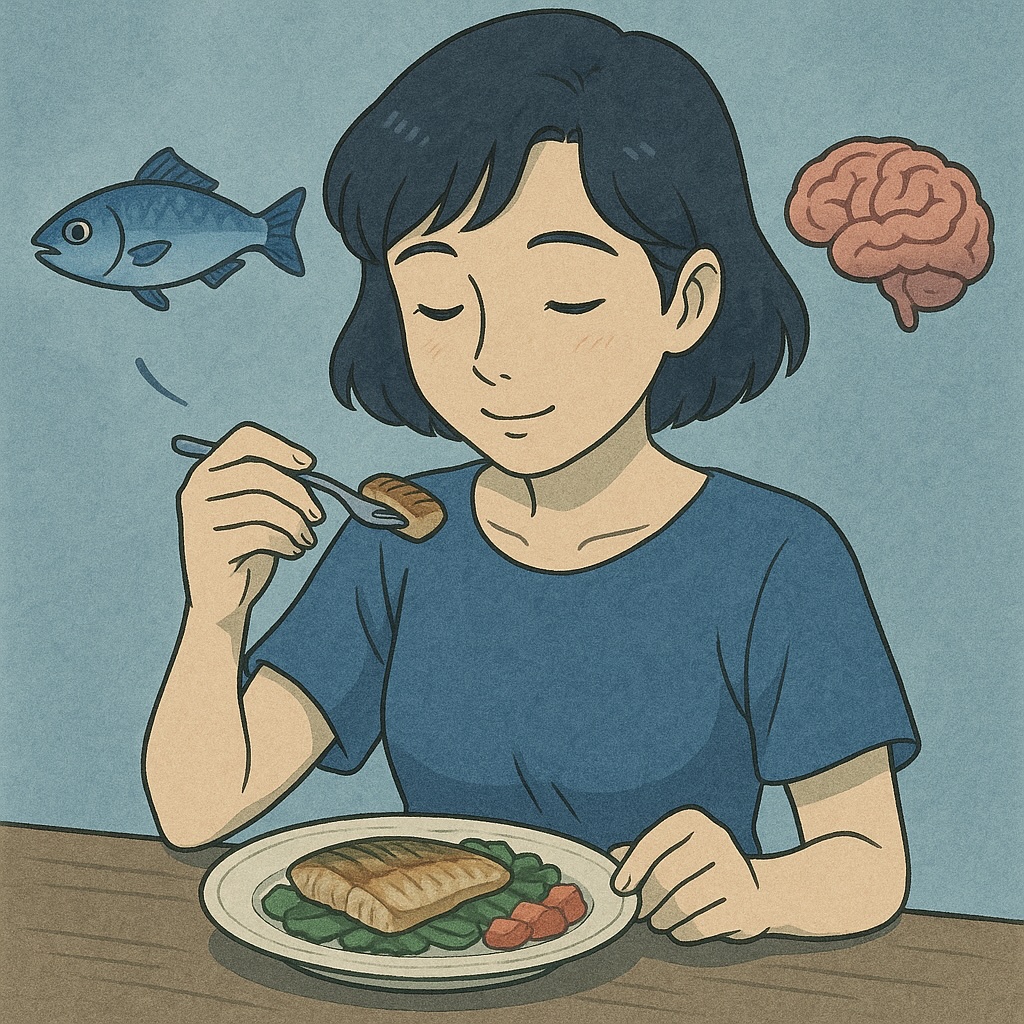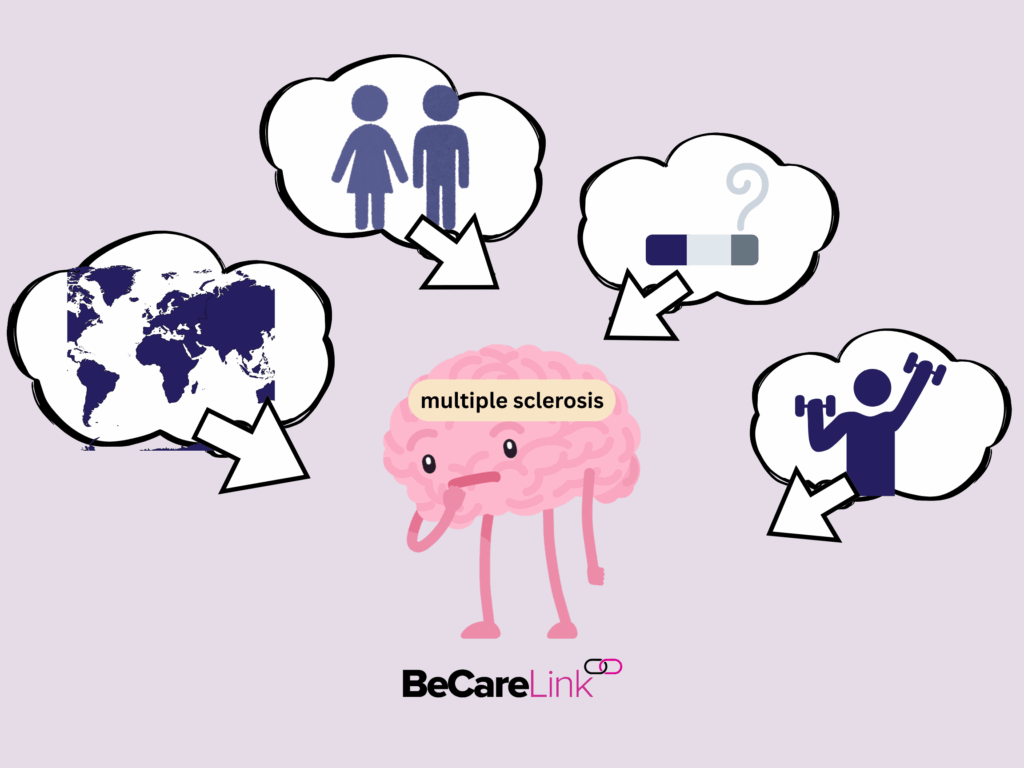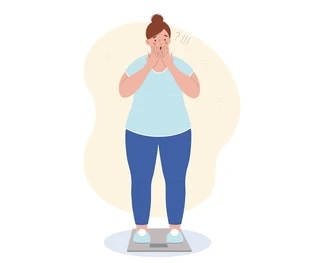The Connection between MS and Magnesium
It is common knowledge that low Vitamin D levels can increase the risk of developing MS. What is less commonly known is that Magnesium can cause a double whammy: both an increased risk for developing MS and increased symptoms from existing damage because of altered Magnesium levels. The roles of Vitamin D and Magnesium are […]
The Connection between MS and Magnesium Read More »









